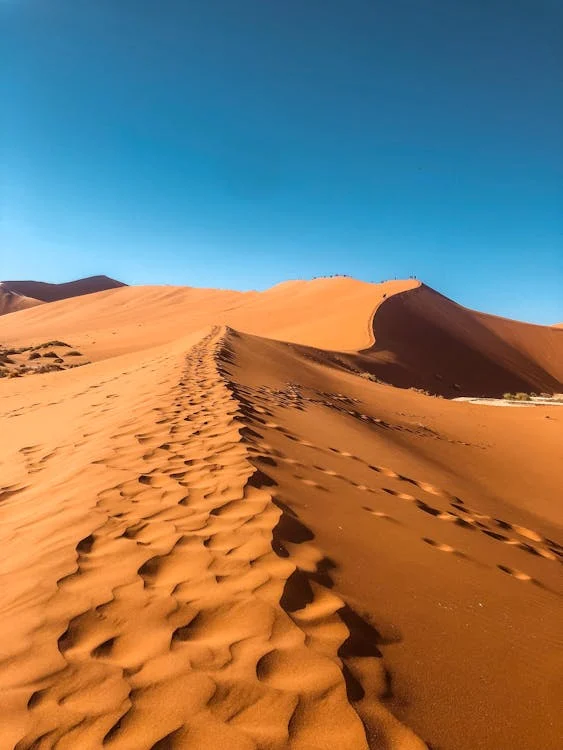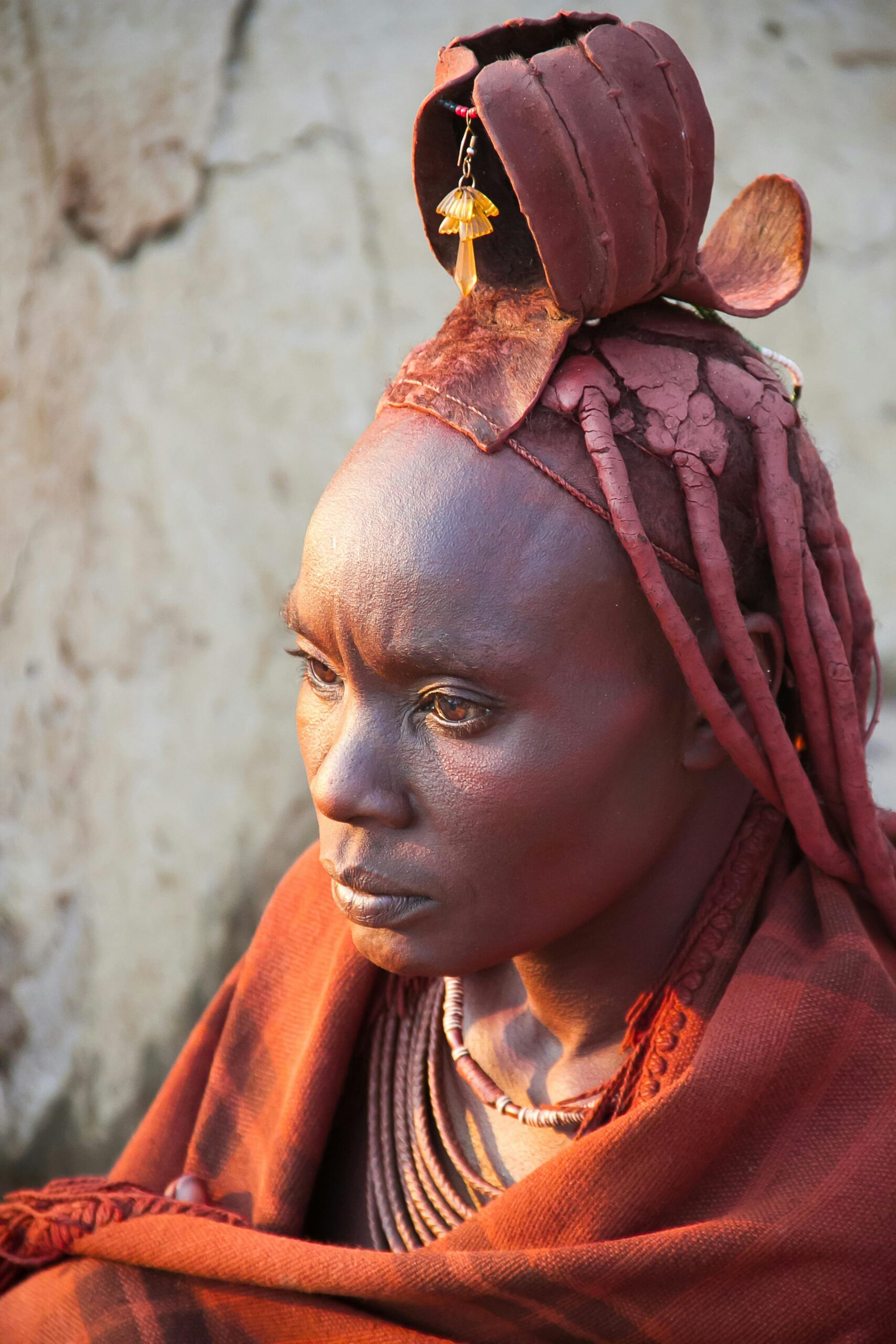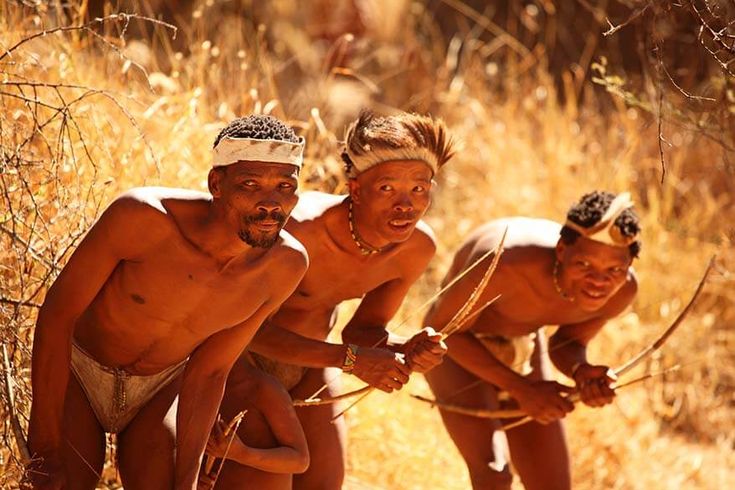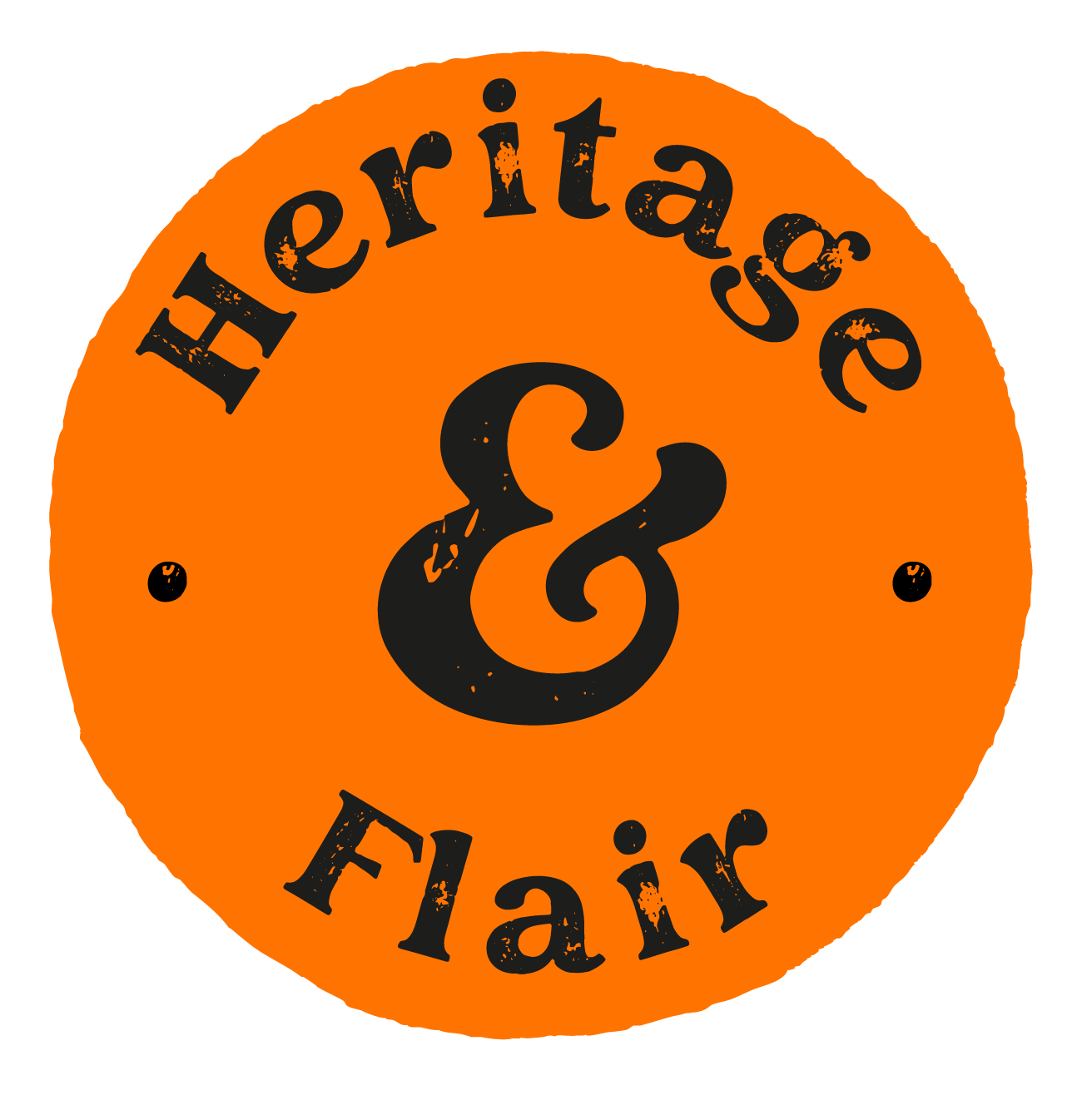
Photo by Toro Tseleng
NAMIBIA
Namibia, located in southwest Africa, is bordered by Angola and Zambia to the north, Botswana to the east, South Africa to the south, and the Atlantic Ocean to the west. Covering an area of over 825,000 square kilometers, Namibia is renowned for its stunning landscapes, diverse cultures, and unique wildlife.
The capital city, Windhoek, serves as the country’s political, economic, and cultural hub. The official language of Namibia is English, reflecting its post-independence identity, but local languages like Oshiwambo, Afrikaans, Herero, and Nama-Damara are widely spoken. Namibia’s population is a vibrant mix of ethnic groups, each contributing to the country’s rich cultural tapestry.
Namibia’s history is marked by colonization and struggle. The region was first inhabited by the San people, followed by Bantu migrations. European interest began in the late 19th century, with Namibia becoming a German colony in 1884. Under German rule, atrocities such as the Herero and Namaqua genocide were committed. After World War I, the League of Nations mandated South Africa to govern Namibia, leading to decades of apartheid-like policies.
Namibia gained independence in 1990 after a prolonged liberation struggle led by the South West Africa People’s Organization (SWAPO). Today, Namibia is a stable democracy with a multi-party system.
Namibia has a resource-rich economy, heavily reliant on mining, agriculture, and tourism. The country is one of the world’s largest producers of uranium and also exports diamonds, gold, and zinc. The government has been working on economic diversification, particularly through ecotourism and renewable energy.
Namibia’s landscapes are among the most breathtaking in Africa. From vast deserts to rugged coastlines, the country offers unparalleled beauty.
Namibia’s cultural identity is shaped by its ethnic diversity with more than 11 ethnic groups, including the Himba, Herero, and San people.
The Himba people, known for their ochre-covered skin and traditional lifestyle, are one of Namibia’s most iconic groups. The Nama people’s vibrant music and storytelling traditions continue to thrive.
The Ovambo people form the largest ethnic group, contributing significantly to the country’s economy and politics.
Namibian cuisine is influenced by two primary cultural strands:
Cookery practised by indigenous people of Namibia such as the Himba, Herero and San groups
Settler cookery introduced during the colonial period by people of German, Afrikaner and British descent.
Hidden Insights: Uncovering Namibia
- Twyfelfontein: A UNESCO World Heritage site, this area is home to one of the largest concentrations of ancient rock engravings in Africa.
2.Spitzkoppe: Known as the “Matterhorn of Namibia,” this granite peak is a favorite among climbers and photographers.
3.Etosha National Park: A premier wildlife destination, Etosha boasts a vast salt pan and abundant game, including lions, elephants, and rhinos.
4.Skeleton Coast: Known for its eerie beauty, the Skeleton Coast is a remote and rugged stretch of coastline with shipwrecks, windswept dunes, and abundant marine life. It’s a place of stark beauty and haunting landscapes.

Photo by Mohau Mannathoko

Photo by Toro Tseleng
Capital City: Windhoek
Population: 2,803,660
Nationality: Namibian(s)
Location: Southern Africa, bordering the South Atlantic Ocean, between Angola and South Africa
Languages: Oshiwambo languages 49.7%, Nama/Damara 11%, Kavango languages 10.4%, Afrikaans 9.4%, Herero languages 9.2%, Zambezi languages 4.9%, English (official) 2.3%, other African languages 1.5%, other European languages 0.7%, other 1% (2016 est.)
Religion: Christian 97.5%, other 0.6% (includes Muslim, Baha’i, Jewish, Buddhist), unaffiliated 1.9% (2020 est.)
Area Total: 824,292 sq km
Namibian High Commission London
6 Chandos Street
London, W1G 9LU
United Kingdom
Website
www.namibiahc.org.uk/
Correcting The Map: The True Size Of Africa
The Mercator Projection downplays the size of Global South continents as it makes the Global North look larger
Heritage: What shapes us?
When heritage is mentioned, our minds often leap to the spectacular and the visible: the grandeur of world heritage sites, the majesty of traditional attire, the vibrant swirl of dances and festivals, or the melodies of mother tongues. These are the showpieces of...
HER-itage: Africa’s Phenomenal Queens And Leaders
Honouring and celebrating the incredible contributions of women throughout African history. These remarkable women have shaped nations, led revolutions, and stood against oppression with unwavering resilience. These queens, warriors, and visionaries broke barriers,...
